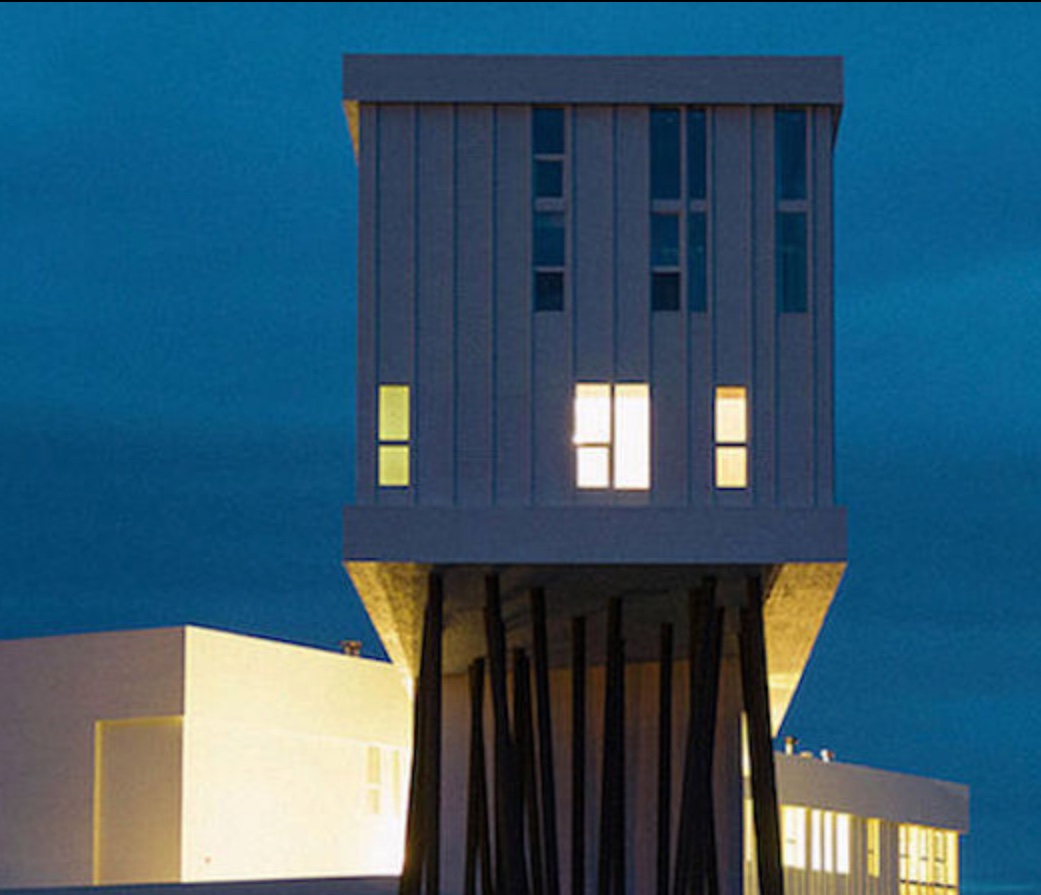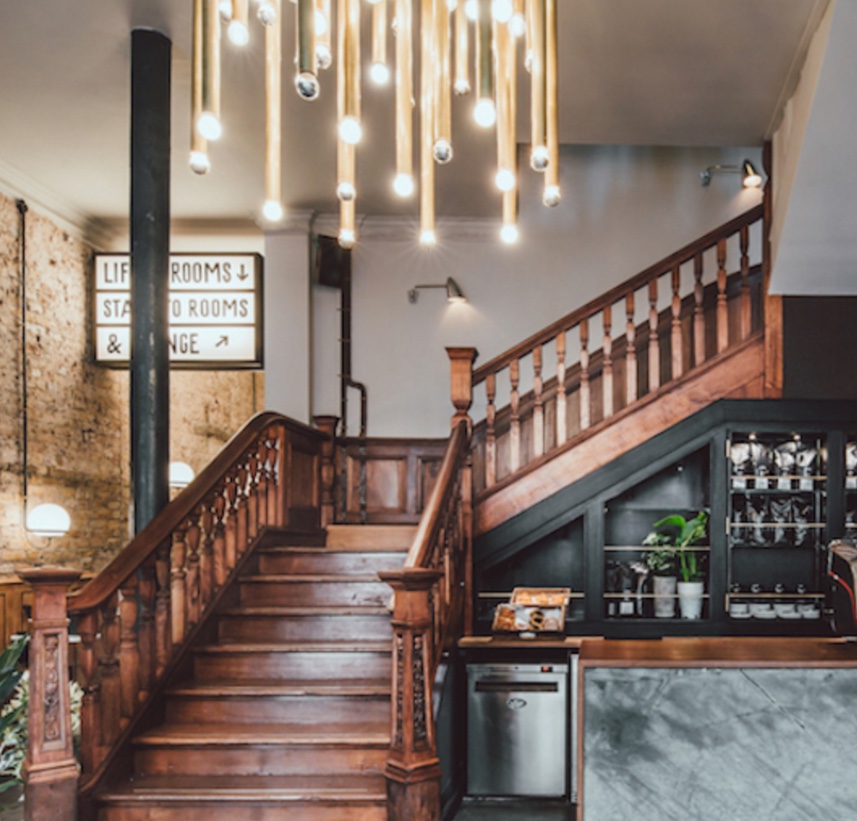Listen Up, Hoteliers: The Hotels Putting Their Neighbourhoods on the Map
‘Placemaking is an overarching idea and a hands-on approach for improving a neighbourhood, city, or region; it inspires people to collectively reimagine and reinvent public spaces as the heart of every community.’ — Project for Public Spaces
What is placemaking? The reimagining and reinvention of neighbourhoods and the creation of compelling destinations and must-go geo-locations which were previously overlooked or undervalued. It is achieved by channeling universal humanistic values into hotels and hospitality.

Hotels have the power to inspire, excite and enrich — and put new places on the map.
Bringing together diverse groups through community-based participation, placemaking initiatives increase engagement and contribute to the wider regeneration of an area from which both new and established hotels will benefit. Improving quality of life and providing a sense of place, hotel lobbies repurposed as lobbies come local hubs, hotel restaurants sourcing food from local suppliers, the restoration of historic buildings and the celebration of local enterprises within hotels are all powerful placemaking initiatives.
‘An effective placemaking process capitalises on a local community’s assets, inspiration and potential, and it results in the creation of quality public spaces that contribute to people’s health, happiness, and wellbeing.’ — Project for Public Spaces.

An authentic financial and emotional investment in an area is imperative to successful placemaking — intelligent boutique hotels are capitalising on the growing interest in provenance and locally inspired experiences, providing an antidote to the mass of chain hotels. Employee buy-in is crucial to the success of placemaking — a sincere commitment to humanistic values through initiatives and incentives that lead to a more charismatic company culture ultimately benefit both the hotel, its consumers and the local area. ‘A hotel is a public space that can represent a locality’s soul,’ says Imran, director of hospitality consultancy The Hotel Culture, creating a symbiotic relationship between a hotel and its community is in the interest of everyone,

The Boston Society of Architects’ Placemaking Network’s Placemaking Manifesto explores what it takes to further the creation of high-quality, distinctive public places. Character, care, collaboration and inclusivity are cited as drivers of placemaking.
The Pilgrm, Paddington, London
A love letter to old world design and British craftsmanship, The Pilgrm in Paddington offers a sense of provenance to today’s modern traveller. Located in a renovated Victorian-era building, just 15 minutes’ from Heathrow, The Pilgrm welcomes locals and travellers alike into its lounge; and the coffee shop downstairs is more often than not serving a queue of caffeine-craving passers by.
Fogo Island Inn, Fogo Island, Newfoundland, Canada
A striking architectural concept on Canada’s rugged and remote easternmost coast, Fogo Island Inn takes inspiration from local tradition in both its interior and exterior design. Its 29 guest rooms have floor-to-ceiling ocean views, the remaining walls showcasing the work of local talent, quilts are hand-crafted, furniture is bespoke and toilet seats are heated. Committed to securing a stable future for the island and its inhabitants, founder, Zita Cobb — creator of the Shorefast Foundation — reinvests Fogo Island’s profits into the community.
Le Pigalle, Quartier Pigalle, Paris, France
Just five minutes’ walk from the Moulin Rouge, locality is integral in the running of Le Pigalle. Anything that can be ‘curated’ locally, has been; food menus, drinks and hand-picked playlists included. Even the breakfast is ‘from just down the road’ — a local boulangerie delivers fresh bakes straight to guests plates every morning and newspapers are dropped off by a local kiosk.
Claska, Meguro, Tokyo, Japan
A haven for design enthusiasts, Claska, previously a rundown hotel, is a contemporary 20-room hotel in Tokyo’s Meguro district. Traditional asian interiors — a handful of the bedrooms are uniquely designed by local artists including Kaname Okajima — artists’ studios, a design shop, a decked roof terrace and Tokyo bikes available to borrow enable guests to experience the innate creativity of this dynamic city. The 8th Gallery space is offered out to locals to use at a reduced cost, enabling them to showcase their work, produce used in Kiokuh, Claska’s restaurant, is locally sourced and always seasonal, and staff are as well versed in Japanese history as they are in Claska’s idiosyncrasies.

